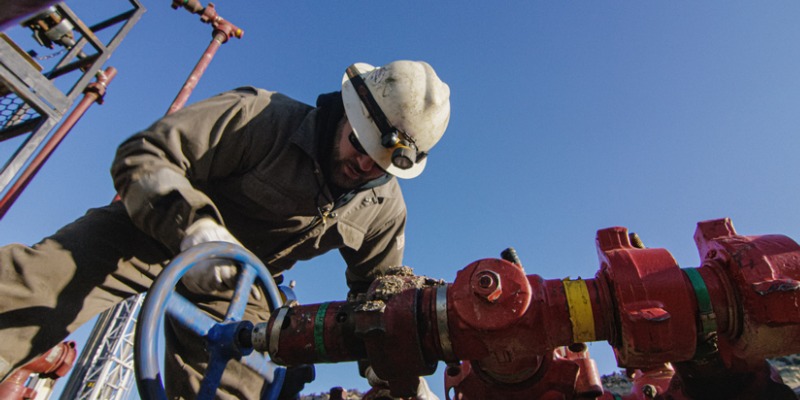Oil and gas workers will bear brunt of Ottawa’s ‘Just Transition’

The latest buzz-phrase coming from the Trudeau government is that it’s time for Canada to make a “Just Transition.” This new phrase comes on the heels of other policy mantras such as “Build Back Better,” “Flatten the Curve” and “Stay Home Stay Safe.”
The “Just” part of the “Just Transition” seems to be about fairness or justice or rightness in some undefined matter. It’s a subjective term, like the “Better” in “Build Back Better.” So it’s primarily a matter of rhetoric, though not entirely. But the “Transition” part of “Just Transition” has two aspects—how we use energy and how we use people—and those are more concrete matters that bear inspection.
The energy component of the government’s “Just Transition” means changing a fundamental economic aspect of Canada—moving it away from a country that uses fossil fuels and emits greenhouse gases (GHG) to a country that eschews fossil fuels and produces “net-zero” GHG emissions by 2050. This new Canada theoretically generates its power (electrical, mechanical, heat, etc.) via non-GHG emitting means. That means replacing fossil fuel electricity generation with wind and solar power, along with existing hydro thrown in for good measure (nobody wants to build new dams, and leading environmentalists still reject nuclear power).
It also means ending or sharply curtailing the production of fossil fuels such as oil and natural gas, and shifting from internal-combustion transportation to electrified-vehicle transportation. But based on experience with such efforts abroad, and estimates of the potential for energy transitions to happen rapidly (this government’s transition timeline is through 2050), this “Transition” will be more like an energy system traffic accident akin to what’s happening in Europe (especially Germany) as a result of that continent’s effort at a “Just Transition.”
The second aspect of the transition applies to people. In theory, people who make their living with GHG-emitting activities will somehow be justly transitioned into other activities, perhaps building wind and solar power facilities or driving recycling trucks or pushing brooms for companies that do so.
For a recent example consider the American Recovery and Reinvestment Act in the United States—a massive plan to purportedly create green jobs by building up the U.S. renewable energy sector. A study done in 2020 found that each US$1 million in new green spending created only 15 new jobs over five years. Those jobs were primarily urban and went to people with pre-existing “green skills” (not retrained workers in, say, the oil and gas sector). Half the jobs were in construction or waste management, and nearly all were manual labour positions. Transitioning a well-paid oilfield worker in Alberta to an entry-level job in waste management would likely not strike most Canadians as “Just.”
Nevertheless, the new buzz-phrase is here, so it’s time for a Just Transition to Build Back Better, or something like that. If only government spent more time proposing rational policies and less time conjuring up buzz-phrases and acronyms. But that’s probably Too Much To Ask.

